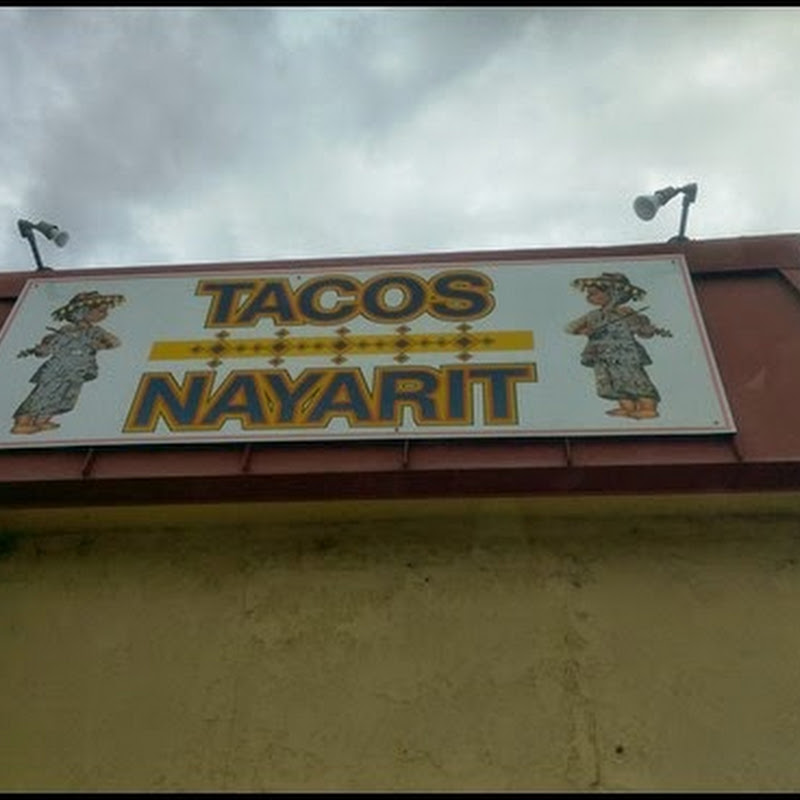 In early April of 1970, I was working the graveyard shift, and a little after midnight, my partner and I were booking a drunk driver into the L.A. Sheriff's substation in the city of Industry. We were a few hours into our work night, and things were pretty routine up to that point. Before we were finished with the booking process, information started coming from the Deputies, that our department was involved in a shootout. Naturally, we waited anxiously for more details, and before we returned to the patrol car, we learned that 4 of our fellow officers had been shot, but no specifics as to injuries.
In early April of 1970, I was working the graveyard shift, and a little after midnight, my partner and I were booking a drunk driver into the L.A. Sheriff's substation in the city of Industry. We were a few hours into our work night, and things were pretty routine up to that point. Before we were finished with the booking process, information started coming from the Deputies, that our department was involved in a shootout. Naturally, we waited anxiously for more details, and before we returned to the patrol car, we learned that 4 of our fellow officers had been shot, but no specifics as to injuries.When we were back in the car, we picked up bits and pieces off the radio, as to what had happened. The Newhall CHP Office was on a different frequency, and back in those days, we didn't have the ability to tune into other frequencies. As a result, we only learned more details when the dispatcher on our frequency would give us updates. Later, in the morning, our dispatcher made the announcement that all 4 officers were dead, and one of the perpetrators was in custody. A massive manhunt was in progress for the second shooter.
I remember an almost unreal feeling that this wasn't really happening. I was only a few miles away from where this tragedy had occurred, but it felt like it was playing out in a different universe. I don't have any memory of what we did for the rest of the shift, but when we got off work at about 6am, the first thing I did when I got home was to turn on the TV. That's when I watched the L.A. County Sheriff, and our department at a house where the second suspect had barricaded himself inside. When the Sheriff's department eventually entered the house, they found the suspect dead with a self inflicted gunshot wound.
Officers Gore and Frago (ages 23) were in the first car that pulled over Bobby Davis and Jack Twinning. Both had been released from prison within the last year. Even though this was a high risk stop, as a report had indicated that Davis & Twinning had brandished a firearm, the first two officers were taken by surprise. When Officers Pence & Alleyn (ages 24) arrived, both Gore and Frago were already shot. The second shootout ended with Pence & Alleyn being mortally wounded, and only a slight wound to Twinning. It turned out that the two suspects had twice as many weapons as did the 4 Officers. Before other backup units arrived, Davis and Twinning escaped the area on foot. Davis was captured when he tried to steal another vehicle, and Twinning killed himself inside the house he invaded. Davis was convicted and sentenced to the death penalty. A few years later, the Supreme Court overturned all death penalty cases, and in 2009, at 69 years old, Davis committed suicide while in prison.
All four officers had less than 2 years on the job, and were only a year or two older than I. When the investigation was completed, the CHP implemented many changes, not only in enforcement tactics, but several policies and procedures were revamped. In those first months that I was on the job, we used to use 38 caliber wadcutter ammunition at the range. Many of us carried 357 magnum revolvers with magnum ammo. The difference between shooting wadcutters and magnum ammo is like night and day. Three of the four officers shot several rounds of 357 magnum rounds, and never hit the two suspects. The theory was that they didn't practice with magnum ammo, therefore weren't proficient when they had to use it. It wasn't long before we started shooting 38 caliber super hollow point ammunition at the range, and that was the only authorized ammo in either our 38 or 357 revolvers. In early 1970, we weren't allowed to carry speed loaders, and had to rely on reloading each round individually. Officer Pence while already wounded, was attempting to reload his revolver, and as he loaded the 6th round, he was shot point blank in the head by Twinning. Soon after the incident, speed loaders were authorized, and might have saved Pence. There were other changes in enforcement tactics that I won't get into, but suffice it to say, the Academy had a major shakeup in it's curriculum. We began to practice high risk/felony car stops at every monthly training day. Another thing that went away was the paper seal on the shotgun. Prior to the Newhall tragedy, we had to write a memo anytime we removed the shotgun from the electrolock, and broke the paper seal.
The Newhall Massacre was at that time, the deadliest day in CA law enforcement history. Including my academy months, I had only been employed by the CHP, slightly more than a year, and I had already attended funerals and memorial services where 5 CHP Officers had been killed.




No comments:
Post a Comment